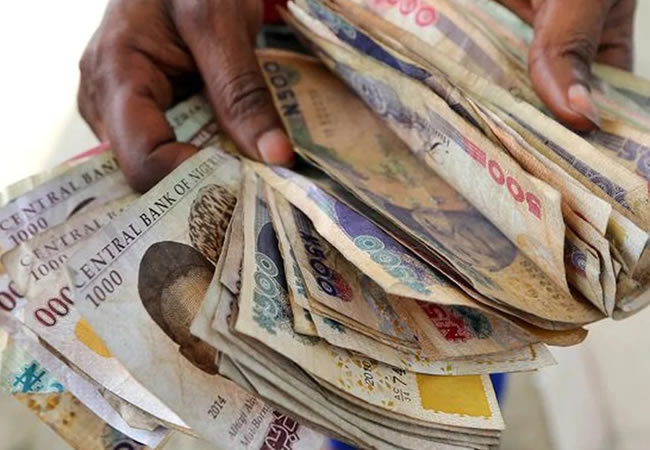On Thursday, the money market saw a sharp decline in short-term benchmark interest rates as the amount of liquidity in the financial system increased to N1.18 trillion.
Liquidity in the financial system rose to N1.18 trillion on Thursday from N174.1 billion at the close of trading on Wednesday, according to investment banking firm Futureview Finance Limited.
The result was a drop in the interbank offered rates in Nigeria, which closed at 25.11% after declining by 57 basis points. Important money market rates, like the Overnight Lending Rate and Open Repo Rate (OPR), plummeted, falling well short of the 30% average, according to analysts.
It was confirmed by data collected from the FMDQ securities market that the open repo rate decreased by 2.65% to end the day at 23.71%. Additionally, the overnight loan rate drops to 24.54% by 2.60%.
The average secondary market yield on T-bills increased by 0.09% to reach 19.90%, but Nigerian True Treasury Yield, or NITTY, rates performed differently throughout all tenor buckets, according to Cowry Asset, which reported to investors.
Because local deposit money banks were maintaining a constant level of liquidity, funding rates dropped below 30% last week. Due to the total offset of N11.00 billion in debits from Nigerian Treasury bills by inflows from FAAC disbursements of around N400.00 billion, the overnight rate fell by 440 basis points to 26.3% as of Friday.
Consequently, the average system liquidity for the week settled at a net long position of N684.11 billion from N377.38 billion in the prior week, according to Cordros Capital Limited.
The investment projected that inflows from FGN bond coupon payments worth N29.84 billion and OMO maturities totaling N15.00 billion will likely keep the system’s liquidity healthy in the absence of any significant mop-up action by the CBN.













